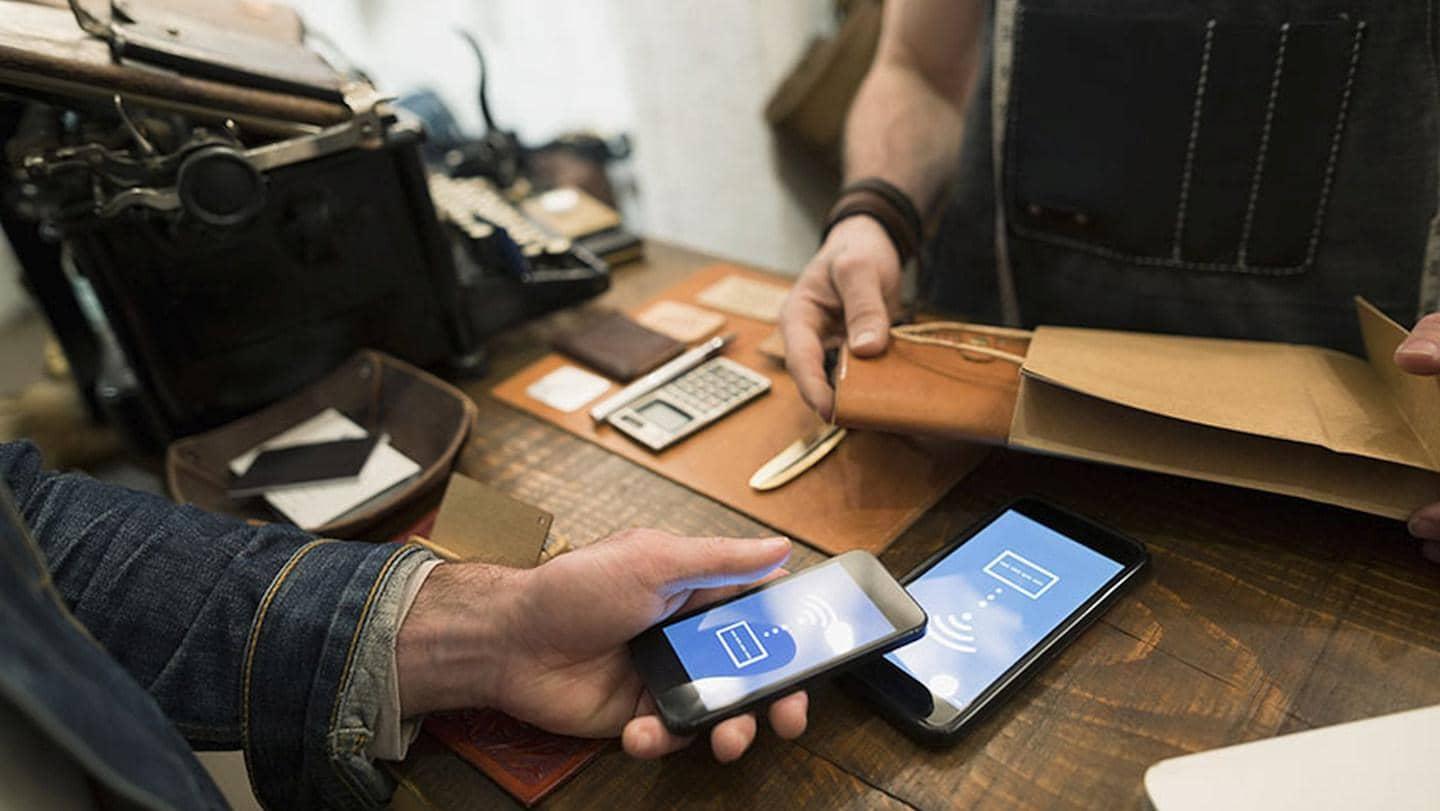
Barclays issues new warning to SMEs about the dangers of invoice scams
- One in four SMEs has been a victim of a scam in the last 12 months
- Savvy fraudsters are targeting UK SMEs with fake invoices, resulting in significant losses for business owners.A quarter (28 per cent) of reported invoice scams resulted in losses of more than £5000
- Only 25 per cent of employees said they would double-check an invoice before paying it
New research released today from Barclays reveals that one in seven (14 per cent) SMEs have fallen victim to an invoice scam in the last 12 months. Exclusive data from the bank also shows that a quarter (28 per cent) of reported invoice scams resulted in losses of more than £5000.
The bank’s figures also reveal that hotspots for scams include the West Midlands, the South West, the East of England and London.
To help businesses stay vigilant, Barclays is issuing a new warning against the dangers of invoice scams, issuing top tips to SMEs on how to stay safe.
Statistics reveal that many scams could be easily avoidable - only a quarter (25 per cent) of employees processing an invoice double-checked with a colleague before making a payment, and over one fifth (24 per cent) said they were scammed because they trusted the email address it was sent from.
The impact of such scams on businesses and individuals is considerable, with nearly one in five (18 per cent) SME business leaders admitting that they have had to cover the full cost of a scam. Despite this, due to lack of time, only 19 per cent say they conduct invoice training for all staff to help them spot a fake invoice.
Ian Rand, CEO of Barclays Business Banking, said: “Fraudsters are becoming increasingly sophisticated with the methods they use to target Britain’s hard-working SMEs and unfortunately, we know that impersonation fraud and invoice scams are on the rise.
“We want to arm businesses with as much information as possible on common scams so that they can avoid falling prey to fraudsters.
“Our network of over 1,500 relationship managers are delivering advice clinics to SMEs across the country – arming them with valuable information on all aspects of business resilience, including digital safety.”
Ian’s top tips to help businesses avoid invoice scams:
1. If you are paying an invoice to a bank account that you have not paid before, always call the business on a trusted number on your company files and not that on the invoice or email to check the account details are accurate
Don’t assume an email, call or text is genuine – especially if something doesn’t look right or the payment details are different. Be on your guard - only 24 per cent of SMEs surveyed said they would call the supplier or partner they are dealing with to check that the request is legitimate.
2. Make sure that you and the employees that make your payments are equipped with the skills and knowledge to stay protected
One in ten SME employees said that they would not know how to spot a fake invoice. Find out more about how to recognise scams and protect against them on the Barclays fraud advice website.
3. Build a process to check new bank details on invoices
Have a clear procedure for making payments in your firm and get a second opinion. A third (33 per cent) of CEOs, founders or managing directors do not get oversight on invoices before they are approved. If you’re ever unsure about the invoice you are dealing with, it’s always best to get a second pair of eyes.
4. If you feel pressured or anxious, take your time and always ask for support
When asked how falling victim to an invoice scam impacted the business, sadly, 15 per cent said it had a significant impact on their mental health and 13 per cent said the experience had such a severe impact that the employee responsible left the business. A legitimate company will not mind waiting, especially if it avoids putting employees in an uncomfortable position.
5. Get help from your bank
Talk to your Barclays business team or relationship manager for guidance on how to recognise and protect against common scams.
SMEs should get in touch immediately with Barclays via their business team or the direct call feature in their mobile banking app if they feel they have been the victim of a scam
Find out more on the Barclays fraud awareness site where there are number of short videos and webinars available: https://www.barclays.co.uk/business-banking/business-insight/cyber-and-fraud-risk/
Barclays’ data on reported invoice scams is from April 2017 – October 2017.
Additional research was carried out online by Opinium across a total of 1,004 SME senior financial decision makers between February 12-19, 2019.
Invoice scams are where criminals get hold of genuine business invoice details, including payment details, and pose as legitimate business suppliers to take payment from an unknowing business who will willingly transfer company money.